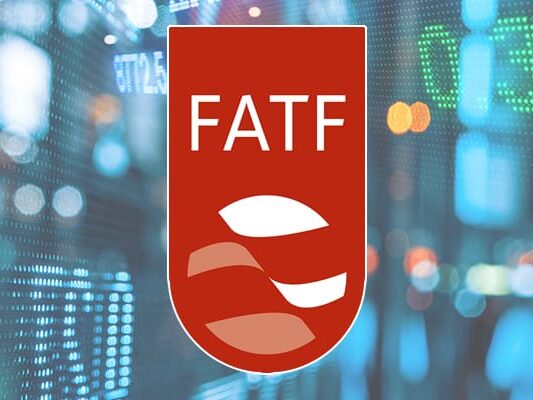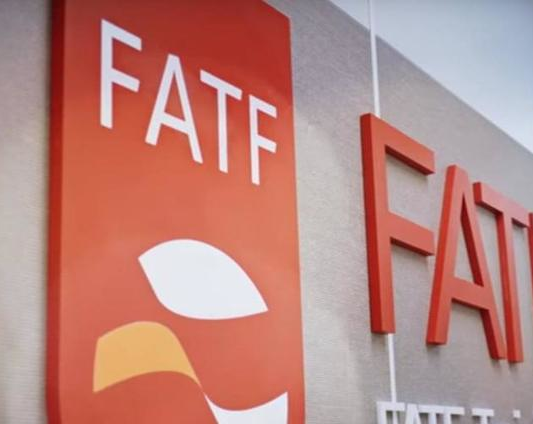Resources
Step-by-Step Guide to AML Risk Assessment
In the world of finance and business, the term 'AML Risk Assessment' is more than just a...

Risk Appetite Statement
In the complex world of Anti-Money Laundering (AML), managing risks is not a choice but a necessity....

FATF Greylist
In the global fight against financial crime, the Financial Action Task Force (FATF) plays a pivotal role....

FATF Blacklist
In the battle against financial crime, the Financial Action Task Force (FATF) plays a crucial role by...

Art Market
In the labyrinth of Anti-Money Laundering (AML) practices, various industries are often under scrutiny for their potential...

Black Money
The term 'Black Money' has increasingly become part of the global financial lexicon. While its connotation may...

Predicate Offense
In the complex world of Anti-Money Laundering (AML), there are various terminologies and concepts that can sometimes...

Non-Profit Organizations (NPOs)
Non-Profit Organizations (NPOs) have long been the cornerstone of social development globally. However, like any other sector,...

Currency Transaction Reports (CTRs)
Uncover the significance of Currency Transaction Reports (CTRs) for AML professionals. Dive into the purpose, reporting thresholds,...

How to Develop an Effective AML Compliance Program
Developing an effective AML compliance program is a complex but crucial task. It's not just about ticking...
